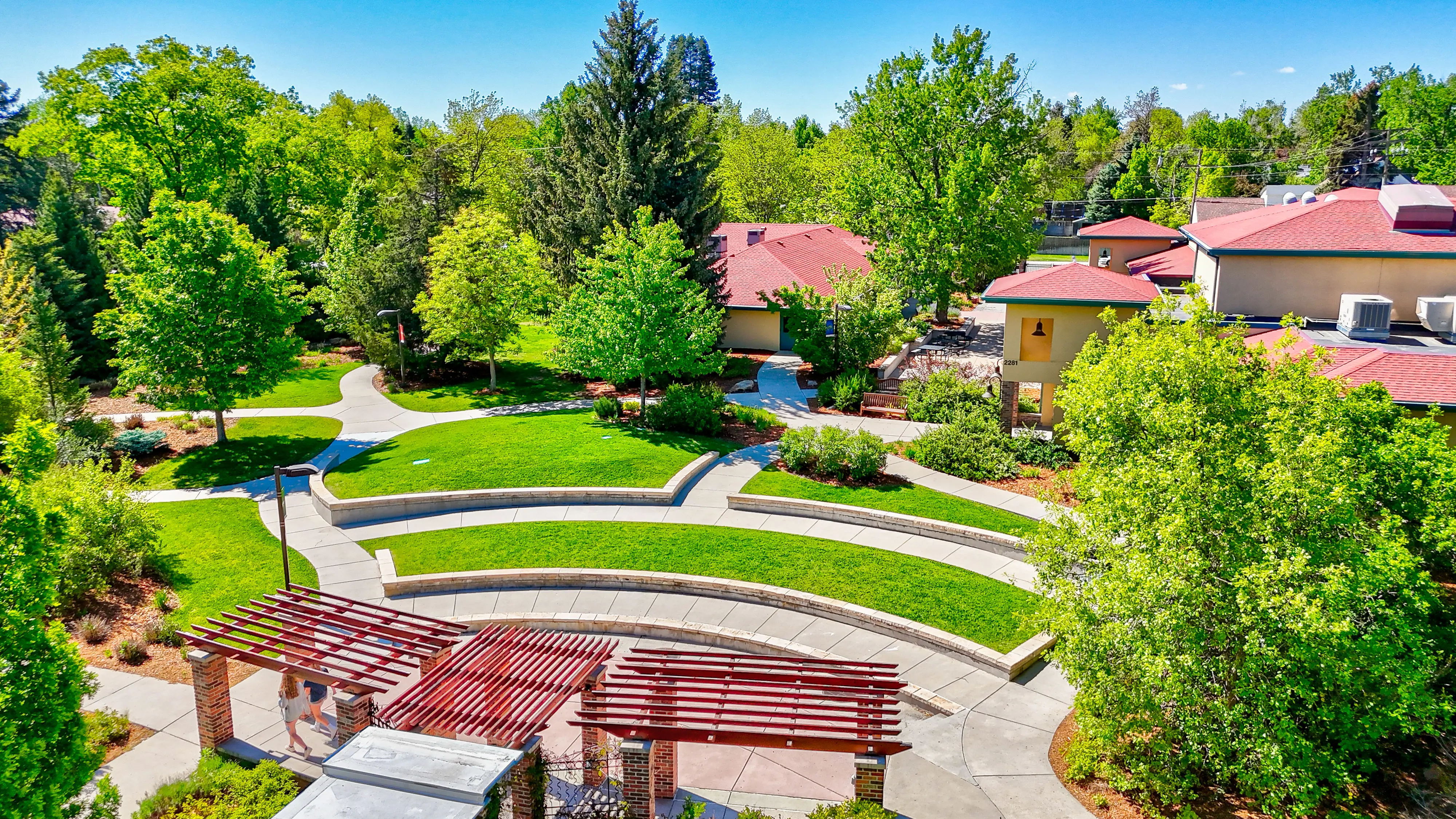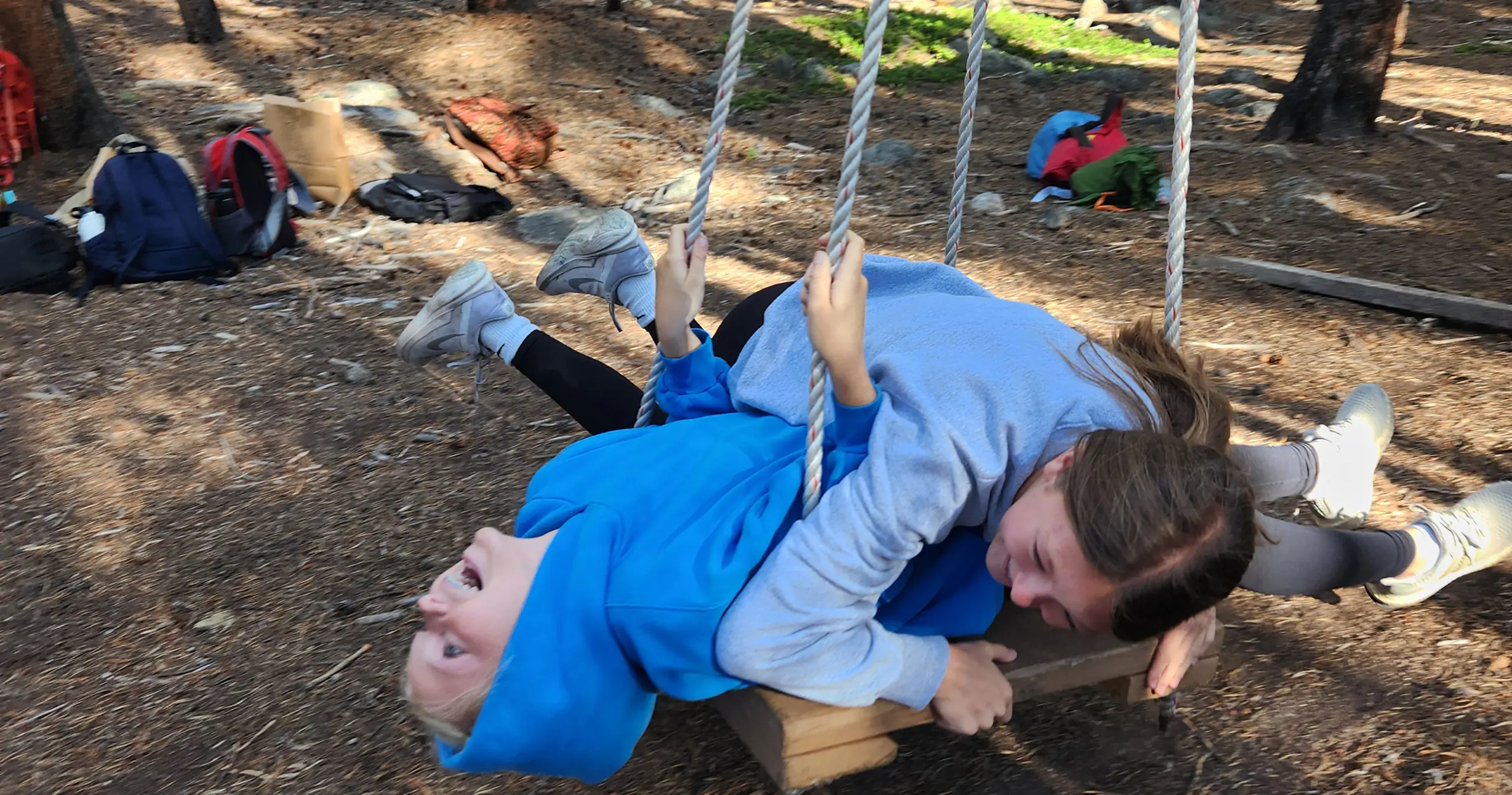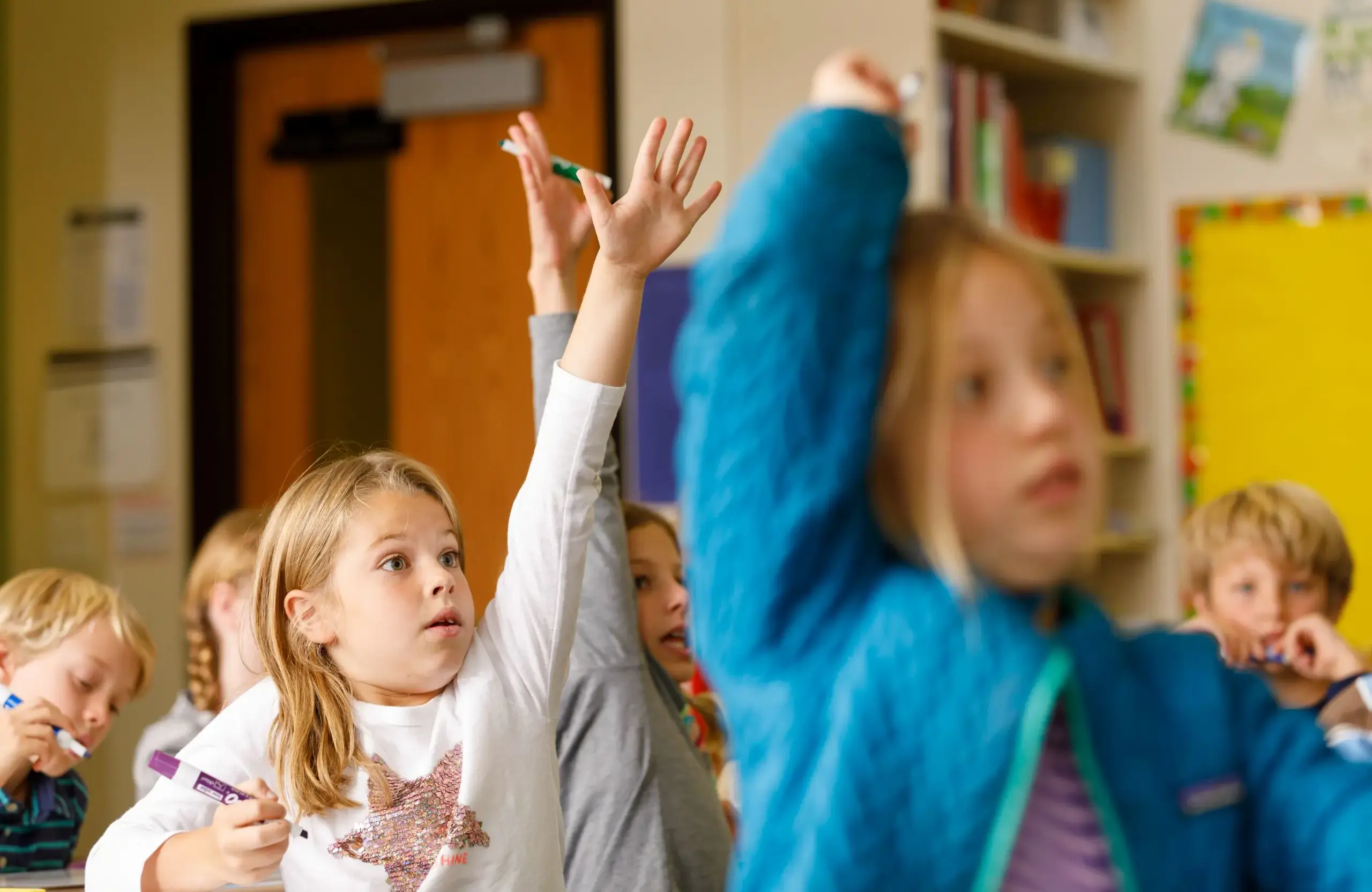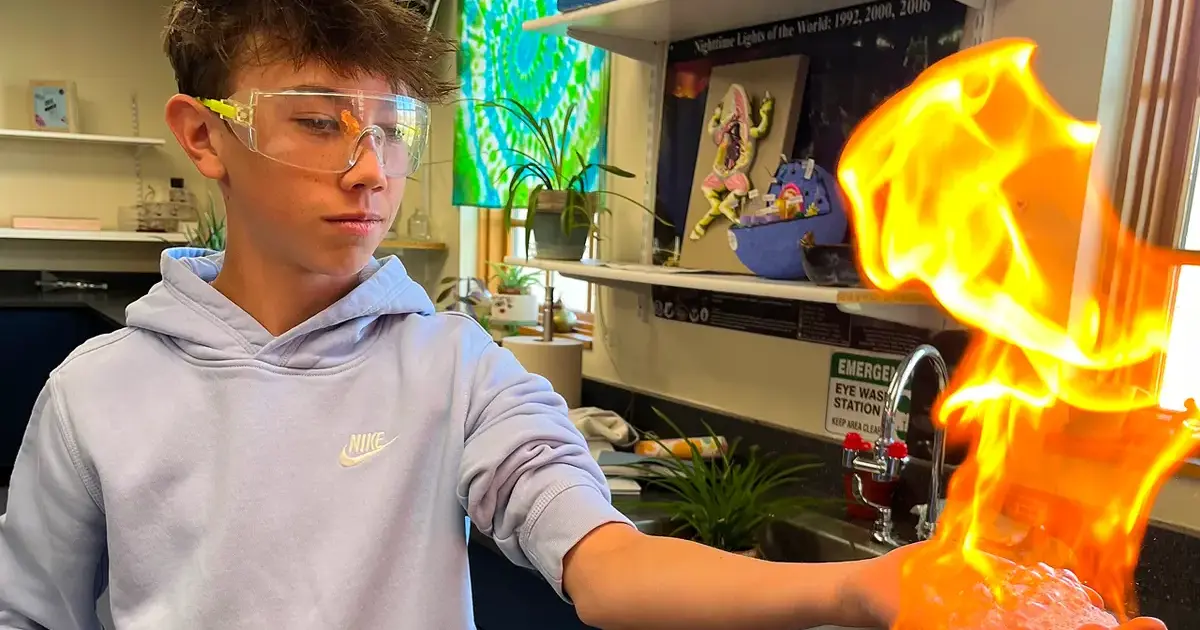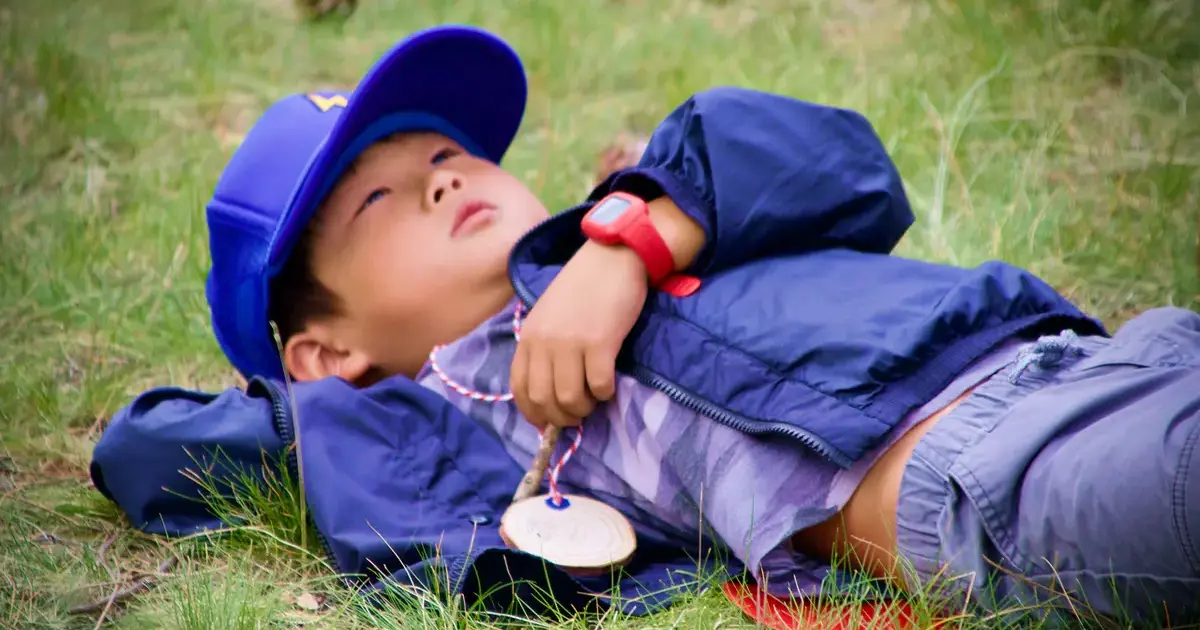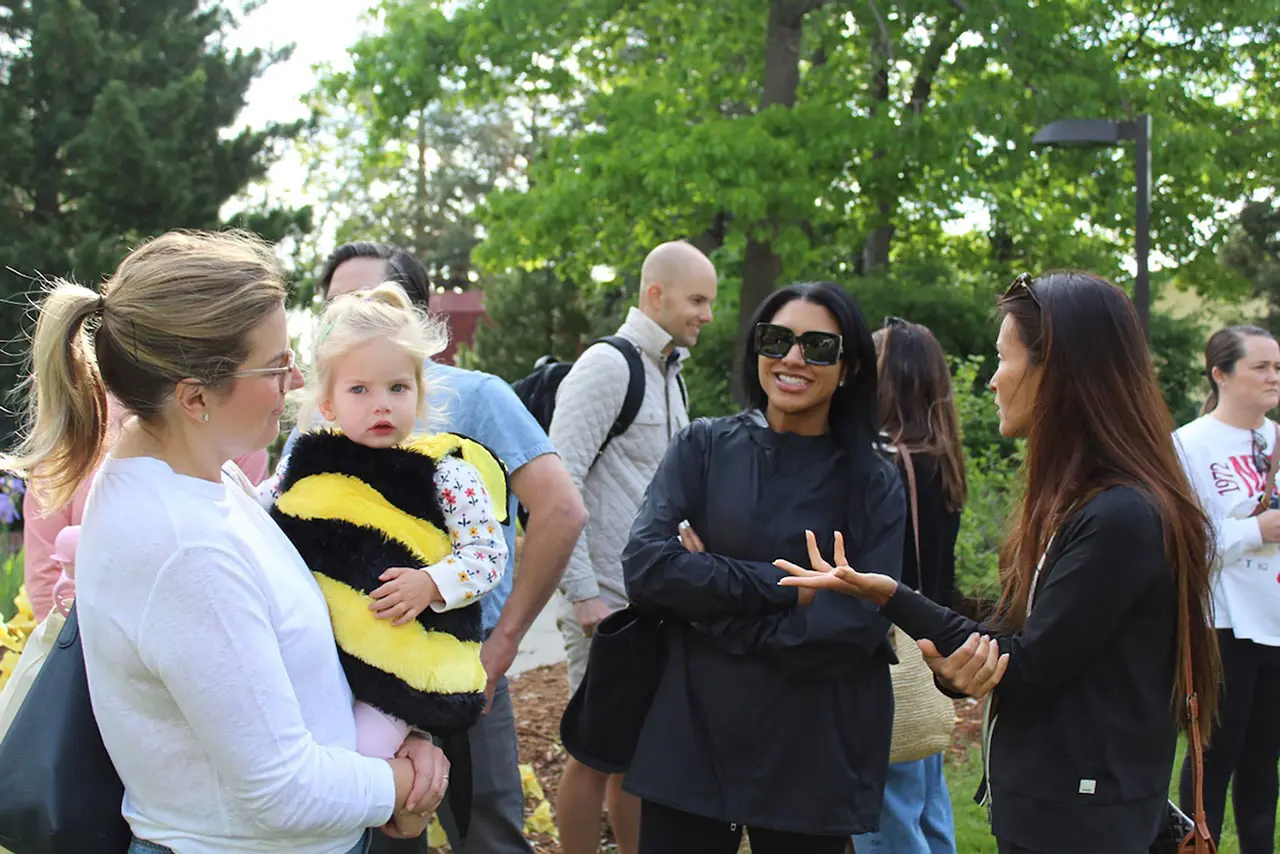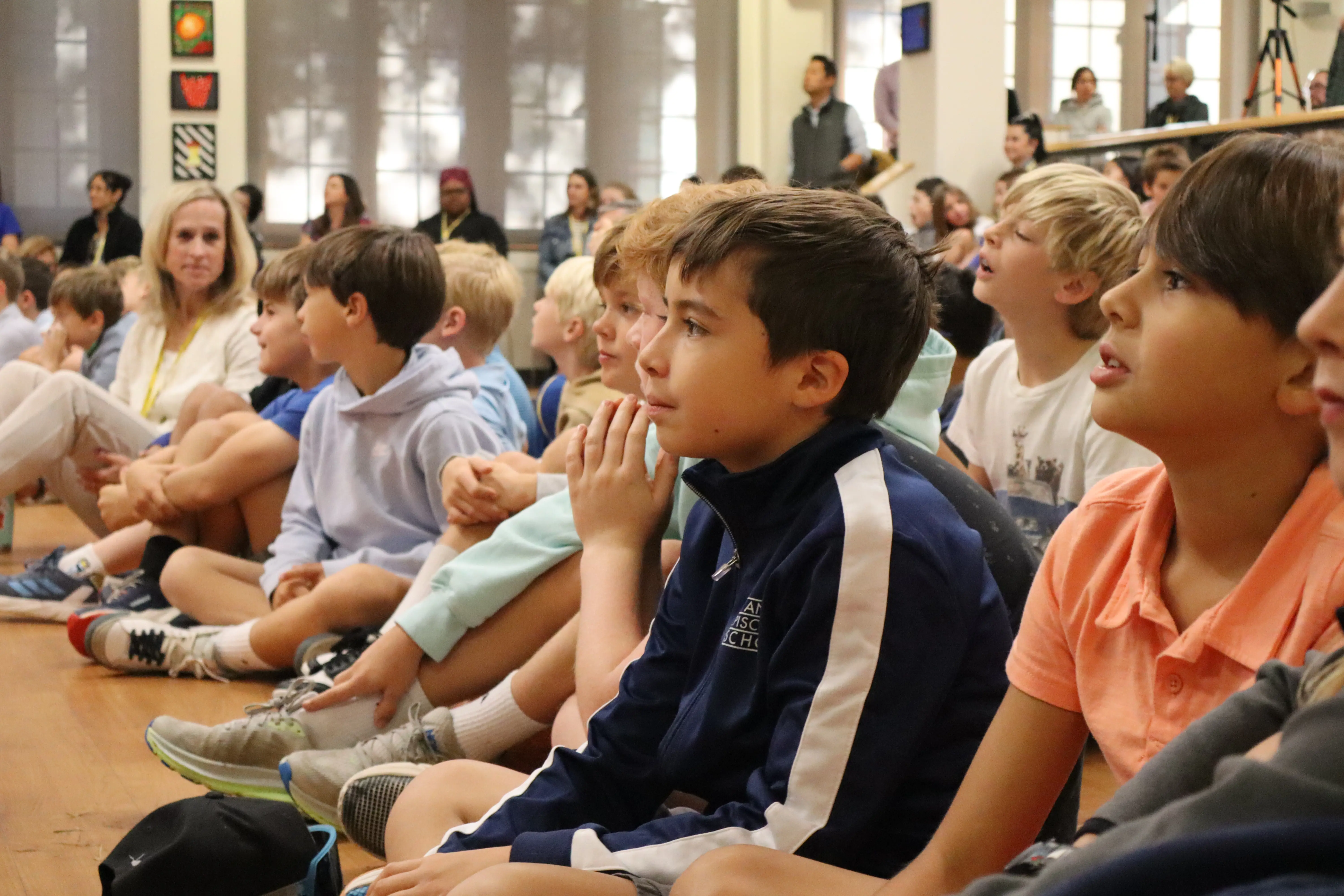Fourth Grade Overview
Fourth grade at St. Anne’s is a year of growth, where students build on their academic foundation while embracing new challenges. Emphasizing advanced literacy and numeracy, students engage in deep analysis of literature and solve complex math problems. Science and social studies foster critical thinking through exciting topics that spark curiosity. Enrichment activities like art, music, drama, Spanish, physical education, and technology encourage creative expression and skill development. Our nurturing community focuses on character development, service learning, leadership, and empathy, preparing students for academic success and responsible, compassionate citizenship.
| Writing |
|---|
|
By the end of fourth grade, students will be able to write personal narratives, informative/explanatory pieces of work (in non-fiction reports), persuasive essays, and poetry. Students will demonstrate an ability to organize and sequence their writing into organized paragraphs composed of complete sentences with correct capitalization, spacing between words, and punctuation. In their writing, students will learn to use a storyteller’s voice to give their work more life by including dialogue and descriptive writing. When writing poetry, students will practice using figurative language and specific word choices to create images and evoke emotions in the reader. |
| Grammar |
| Fourth-grade students apply their writing skills to multi-paragraph projects in both fiction and non-fiction. Students are expected to demonstrate mastery of writing at the sentence level and then apply that knowledge to create multi-paragraph works. |
| Word Study |
|
In fourth grade, word study focuses on the following key areas:
Students participate in whole-class lessons, complete homework, and read a weekly fluency passage. They are assessed at the end of each unit on their ability to apply spelling rules and integrate knowledge through sentence dictation. |
| Reading |
|
In fourth-grade reading, students explore a variety of genres, including fiction, nonfiction, informational text, poetry, and more. Depending on individual reading needs, they either read class novels or participate in reading groups. Writing assignments offer opportunities to respond to readings and assess comprehension. Students are introduced to "signposts" from the book Notice and Note by Kylene Beers. These strategies include:
Additionally, students practice comprehension strategies such as cause/effect, character traits, story elements, making connections, inferences, drawing conclusions, and using text evidence. They also work on inflection, pausing at punctuation, and improving fluency and accuracy in reading. |
| Math |
|
The main focus of fourth-grade math is learning how to solve multi-step word problems using the four operations: division, multiplication, addition, and subtraction. Students will use numerous strategies and different tools to solve real-world problems. Not only will they be able to assess the reasonableness of their answers, but they will also be able to justify their conclusions. Students will also be able to find patterns and use algebraic structures. |
| Science |
|
Fourth-grade science is a series of hands-on activities designed to enable our students to explore the world around them, including the study of energy, waves, physical features of organisms, and geology. In fourth grade, students are expected to demonstrate grade-appropriate proficiency in asking questions, developing and using models, planning and carrying out investigations, analyzing and interpreting data, constructing explanations and designing solutions, engaging in argument from evidence, and obtaining, evaluating, and communicating information. |
| Social Studies |
|
In fourth grade, students study various aspects of the United States, including its regions, government, economics, and immigration history. By comparing and contrasting these topics, they gain a deeper understanding of the country's development. Students learn about different immigrant groups and reflect on their cultural contributions. They also explore the regions of the United States, noting both differences and similarities. Students focus on map skills, learning about map keys, scales, and lines of longitude and latitude, as well as using special-purpose maps to gather information. In economics, they explore concepts like wants vs. needs and inflation, examining how economic factors affect different communities. Additionally, students study laws and rules, various types of governments, and the role of citizenship, considering what it means to be a responsible member of society. |
| Music |
|
The fourth-grade music curriculum focuses on further developing each child's understanding of pitch, melody, and rhythm by singing, playing instruments, and exploring ensemble elements. Each class consists of a variety of rhythm games (recognizing eighth notes, quarter notes, half notes and rests), physics of sound, movement and body connection, and instrument exploration (pitched and unpitched percussion). Students are expected to learn the names of the notes in the treble clef and bass clef, identify dynamic and tempo markings, and define basic music vocabulary. |
| Art |
|
Fourth grade starts the year drawing castles and then uses watercolor and other mediums to complete a finished work of art. Students produce ceramic subtractive castle sculptures and then construct larger ceramic castles using slab construction. They also draw self-portraits and create Northwest Native American totem poles, life drawings, nature drawings, and other projects. We integrate classroom curriculum in the art space to add depth to the students’ learning. |
| Spanish |
|
Our focus in fourth-grade Spanish is to establish routines and build classroom community in order to have an environment in which students feel comfortable receiving and comprehending as much Spanish as possible. We use a combination of mini-stories, drawing, small talk, games, and more to build students' enthusiasm for language and culture and to help them understand what they hear and read in Spanish. Because exposure to the language happens in the classroom, students are assessed primarily on showing their understanding and the degree to which they are engaged with activities and content. |
| PE |
|
The ultimate goal of St. Anne’s physical education program is to involve students in developmentally appropriate movement experiences that focus on learning to move and learning through movement. In “Developmental Level Two,” fourth graders learn to cooperate, apply rules and strategies, and compete in a sportsmanlike manner. Students learn the concepts of how to make healthy choices. Students are provided with challenging experiences to transfer previously learned movement skills to new activities and other movement skills. Various sports, fitness, and rhythmic activities are introduced and practiced. Participation in games, learning stations, and drills assists in the development of mature movement patterns. Such participation provides a process that encourages all students to refine their skills and engage in lifelong physical activities. |
| Innovations |
|
In fourth grade, students develop advanced word processing and presentation skills, practice collaborating effectively online, and hone digital communication skills for a positive digital footprint. Students also define ethical online behavior, becoming advocates for positive digital citizenship, and gain information literacy skills that promote responsible online engagement through the Win@Social program. Additionally, students use the Engineering Design Process to focus on systematic problem-solving, sophisticated modeling, and iterative design for innovative solutions that culminate with the Invention Convention. |
| Library |
| The fourth-grade library curriculum promotes students’ critical thinking and effective, ethical use of information, and it fosters a lifelong love of reading and learning. The librarian collaborates with teachers to align library activities with classroom units of study and to support student learning across subjects. |
| Drama |
| The focus of the fourth-grade drama curriculum is to understand the importance of working as an ensemble and the significance of contributing to the bigger picture through the creation of a theatrical piece. In the creative process, students are introduced to a variety of improvisational techniques, exploration of characterization, pantomime, movement, and character motivations. At the conclusion of their fourth-grade year, students will have the opportunity to both perform and critically respond to their performance through reflection and evaluation of their participation in the artistic process. |
| Religion |
|
Bible as a Sacred and Historical Document, Proverbs, Letters of St. Paul, and Wisdom Traditions Fourth grade begins with a review of the composition of the Bible and how it came to be the way it is. Students learn to locate books in the Bible, chapters, and verses. After studying the book of Proverbs, we cover the remaining stories about Jesus and the letters of Paul. Then we turn to explore wisdom found in other traditions - Jainism, Sikhism, Confucianism, Taoism, and Shintoism. Fourth graders work in groups to find out where else wisdom can be gained. We talk about listening and respecting the elders, observing patterns in nature, paying attention to our own bodies and souls, practicing art, and more. All this turns into self-made books of proverbs of gathered wisdom! |
| Outdoor Education |
|
Fourth graders embark on a journey of self-discovery as we continue our skills-based recreation adventures and ecosystem explorations at SAITH. This year, students add an overnight to the roster. Beginning in the spring of 2025, fourth graders participate in a one-night trip where they focus on social-emotional skills in preparation for fifth grade. They learn to have faith in themselves and in their community as they step out of their comfort zones. The winter and fall trips for fourth graders focus on fire ecology and winter forest adaptations. |


